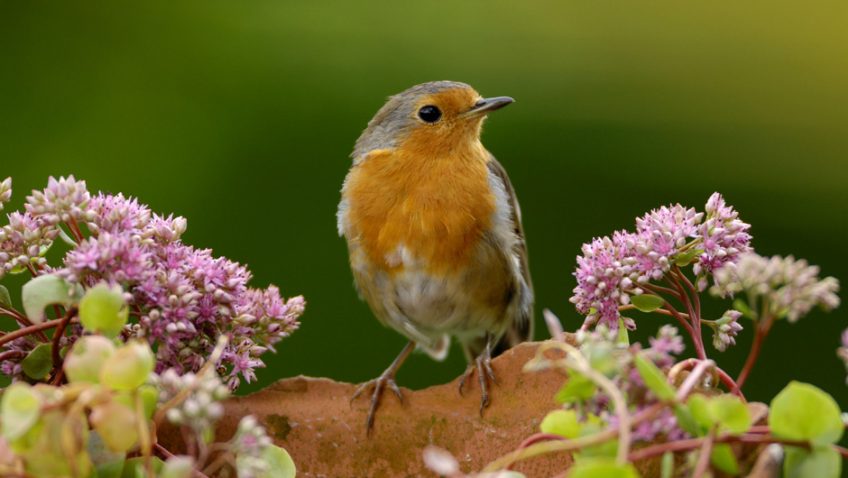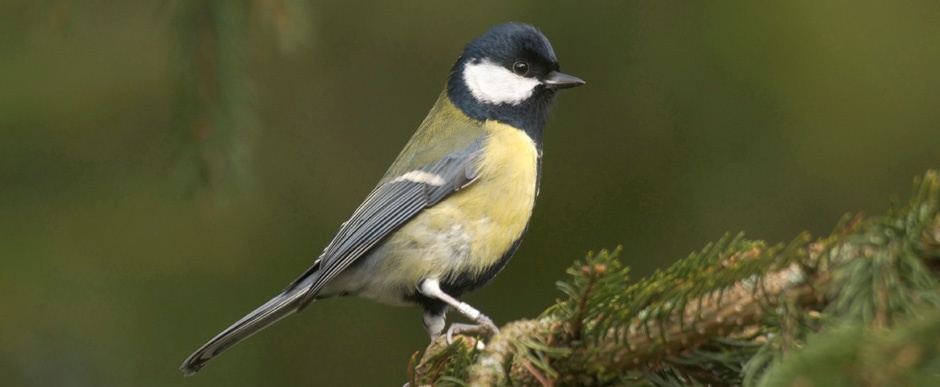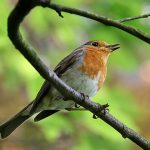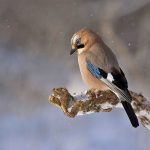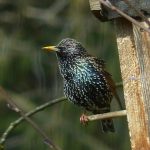At this time of year many people get in touch with the RSPB asking; “where have all the birds gone?” Gardens previously teeming with all sorts of species appear to fall silent almost overnight and wildlife lovers grow concerned that something has happened.
Fear not! The RSPB assure us that this is a natural phenomenon in the summer as birds and their offspring move out into the wider countryside where food is now plentiful.
The RSPB says that we won’t need to provide as much seed, fat or mealworms as we might during the colder months. Instead they suggest that we divert our attention to other garden projects which will then help give nature a home over winter and into spring next year. It doesn’t matter what the size of your garden is or where you live; the wildlife will appreciate any help we can give.
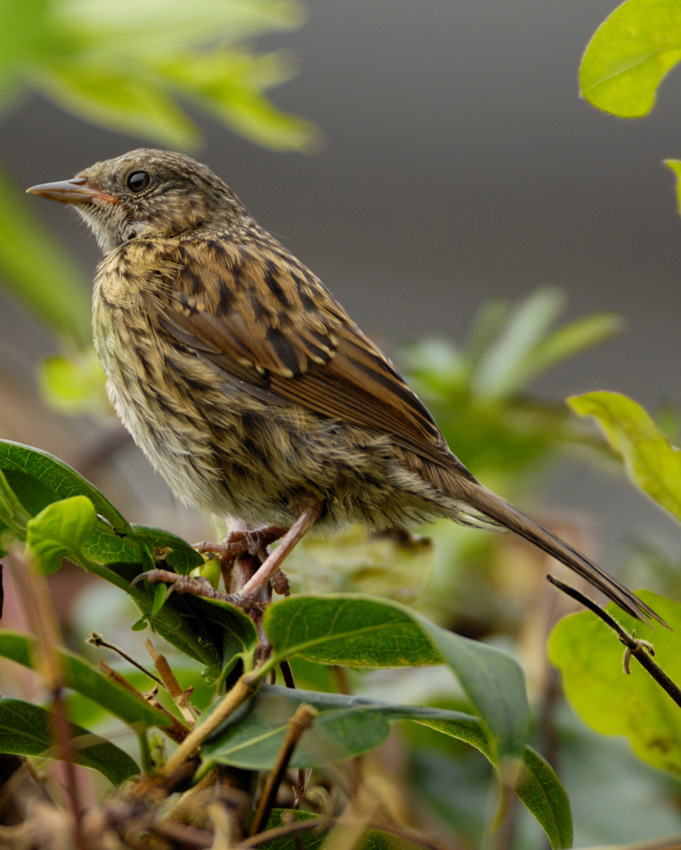 The RSPB’s wildlife gardening expert Adrian Thomas said “Make the most of this quiet time in your garden to prepare for the next year. With the right kind of planting you can treat your wildlife to a feast of flowers, a banquet of berries or a smörgåsbord of seeds.”
The RSPB’s wildlife gardening expert Adrian Thomas said “Make the most of this quiet time in your garden to prepare for the next year. With the right kind of planting you can treat your wildlife to a feast of flowers, a banquet of berries or a smörgåsbord of seeds.”
Planting fast germinating plants such as scorpion weed can benefit both your garden and the wildlife that visits. These plants (also known as green manure) smother weeds and if you plant them in August, there’s still time for them to flower, feeding bees and other pollinators with their nectar. Later in the year their seeds will feed birds during the “hungry gap” in late winter.
Wildflower meadows can also be sown now, ready for next spring. These can include plants like bird’s foot trefoil, field scabious, ox-eye daisy and red clover. Their blooms will feed insects that in turn will be food for your garden birds.
After flowering you can divide up your wildlife-friendly perennials like hardy geraniums, heleniums, phlox and primulas. Spread them out or give them to family and friends for their gardens, creating new feeding places for nature. Leave the seed heads wherever possible as many of these will feed birds and other wildlife in autumn and winter. Your garden birds will be back when the weather gets colder, and they’ll really benefit from this harvest in your herbaceous borders!
As well as planting, there are a few other practical jobs you can do now to prepare for autumn and winter. One of the best things you can do for nature in your backyard or garden is to make a pond or a birdbath. Birds can use these for drinking and bathing throughout the year, and a wealth of other wildlife will benefit too. This doesn’t have to be a massive project: an upturned dustbin lid or old washing up bowl is a good way to start.
At the end of September, when the breeding season is over, it’s a good idea to clean out the nest boxes in your garden. Pop the contents in your compost heap and use boiling water to clean out any parasites. After the box has dried out, replace the lid and hang it back up. Wrens and other small birds may use the box to keep warm during the winter. Remember to keep cleaning your bird feeders regularly.
The birds will be back, as will other wildlife, if we make our gardens a true home for nature.
You can get more tips on giving nature a home at: www.rspb.org.uk/homes

